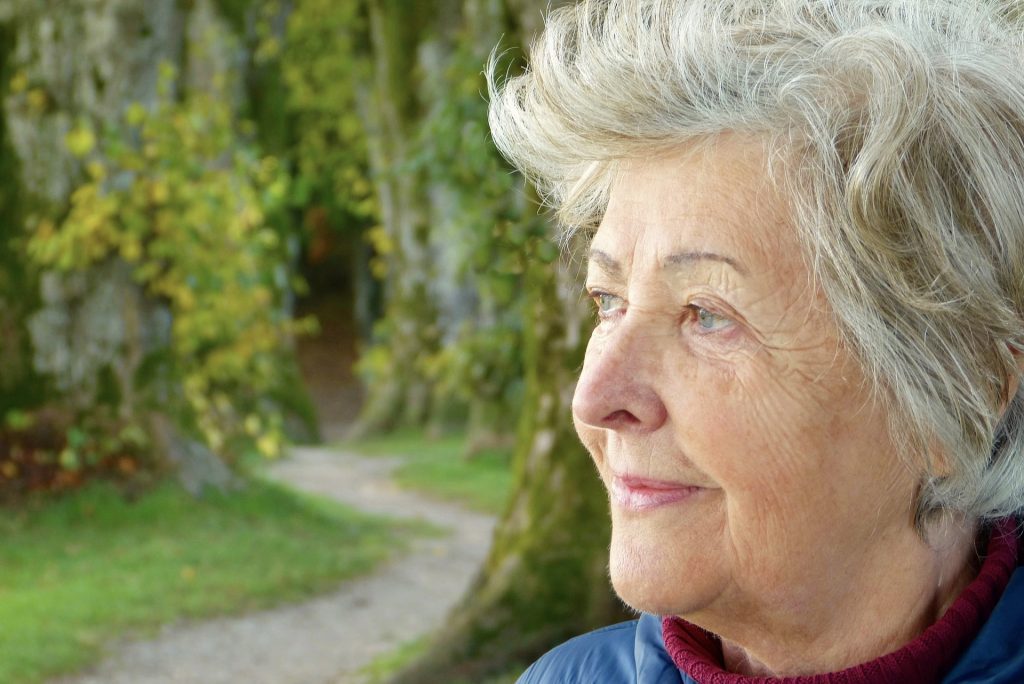
5 Tips for Caring for a Loved One after a Stroke – Most of us at one point or another will act as a caregiver. It may be a neighbor you help with after a surgery, an aunt after a tumble down the steps, or sadly, as in my case, caring for a parent after a debilitating stroke. 5 years ago I received a call that my mother was in the hospital after laying on the floor for almost 2 days due to a major stroke. Luckily, she not only survived but is doing quite well. I moved in with her for 9 months to care for her and help while her brain healed so that she could live as normal a life as possible. Hopefully you never find yourself in this position but in the event that you do, I’d like to share my top 7 tips when caring for a loved one at home while recovering from a stroke.

Tip #1) Start Keeping a Journal: It’s so important to chart the progress and note dates and times for medications. You’ll have lots of follow up doctor visits, physical therapy and occupational therapy (and yes these appointments can be made for your home if you request them). You’ll need to establish patterns, progress, mood and so much more. Start a journal and write down everything!
Tip #2) Gently encourage your loved one to do as much as they can for themselves: After a stroke, even dressing can become a monumental task. I have found a company called Magna Ready (see images above) and they offer an amazing line of lovely clothing for men and women that make dressing easier by having magnetic closures within the linking of the shirts. The shirts/blouses look fabulous and perfectly normal with buttons up the front but they magnets just pop together making dressing so much easier! No one wants to go from independent living to being dressed so I highly recommend this clothing line so that your loved one can keep as much dignity as possible.
Tip #3) Immediately move to a healthier lifestyle: Not always but frequently you’ll find that the diet of your loved one may have been high fat, or too much sugar etc. As soon as you begin care-giving make the majority of their diet fruit and vegetables with only lean poultry, fish and beans. The increased nutrition really does assist in healing their brains.
Tip #4) Support emotional healing too: After a stroke, while recovering, the realization sets in that abilities have drastically changed. My mother went from an independent life style to wearing Depend adult underpants and using a wheel chair. 9 months later she’s back to mostly independent living and just using a walker – not too bad for a woman in her 80’s you’d think but for her she felt like she lost so much and there were many tears. Although I saw progress each week, she saw a disability and needed love and support.
Tip #5) Have a routine. Remember, everything has changed for them and their looking for guidance to get themselves back together: Make up a daily routine that they can depend on, look forward to and accomplish from day to day. As recovery improves you can add on small steps to the routine and chart the progress.


Leave a Reply